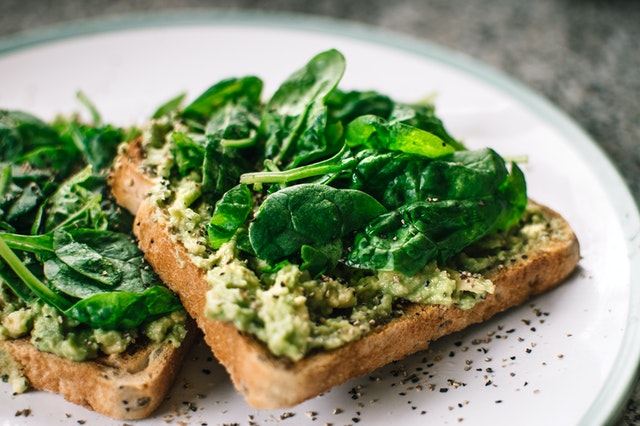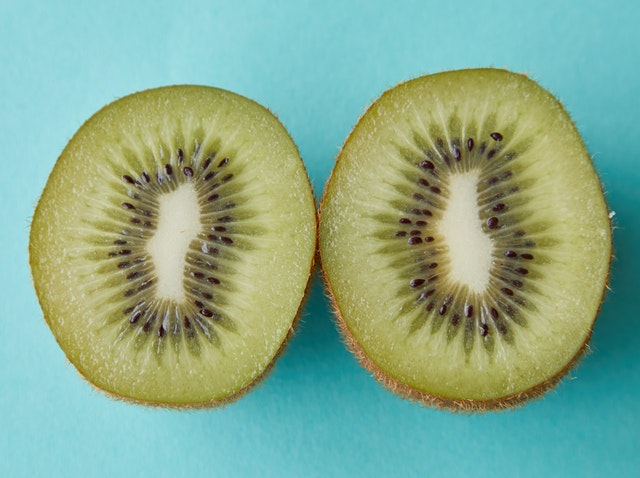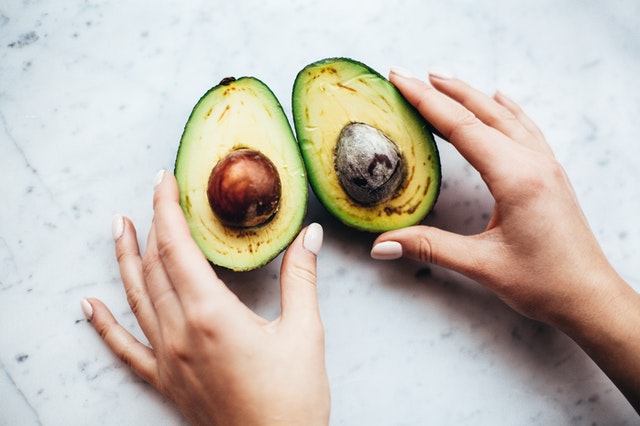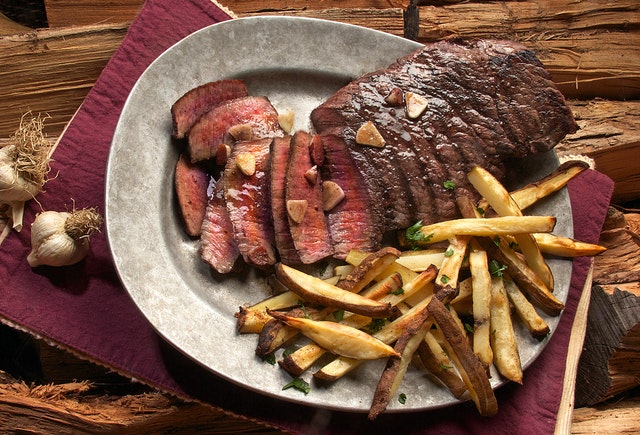Often, I hear people say they’re surprised I’m so “active for my age.” I have to admit, there’s a big part of me that’s proud when I hear such things, and a small part of me that feels a little indignant. Why do people automatically expect the seniors in their lives to become fragile and immobile? I certainly don’t subscribe to that idea!
But I have to be honest. Within the past few years, I’ve noticed more joint pain than usual. So I decided to look into supplements (specifically vitamins) and learn which nutrients can help minimize my joint pain. I found out that these are the best vitamins for the active senior to take for joint support.
1. Vitamin D

I like to call Vitamin D the Captain America of the vitamin world. I mean, this guy is no lightweight! Vitamin D is touted to help all kinds of things, from general immunity to your mood. It turns out that taking a vitamin D supplement can also help relieve joint discomfort.
Vitamin D is great for bone health because it reduces inflammation in the joints and it helps your body absorb calcium (which is one of the most important components in your bones). If you’re not a fan of supplements, try getting more of this important vitamin from fish, whole milk (or fortified milk), cod liver oil, mushrooms, eggs and cheese.
2. Vitamin K

You’ve probably heard of vitamin D and how important it is for your health, but when’s the last time you heard someone say you should increase your consumption of vitamin K? Though it’s talked about much less than most other vitamins, vitamin K is essential for good bone formation.
This unassuming vitamin helps to make bones strong by activating proteins that help with bone mineralization and formation. It’s important to note that vitamin K deficiencies aren’t very common. Most people get enough vitamin K from their diets. Foods such as spinach, broccoli, eggs, liver, and strawberries are all high in vitamin K.
If you think your body could use a boost of this important bone-health ingredient, try supplementing with it. There are no known risks of taking too much vitamin K, but it is best to carefully follow the recommended daily intake instructions on your vitamin K supplement packaging.
3. Vitamin C

Scientists have done some research on vitamin C and its role in bone health, and the results are very interesting. It appears that vitamin C stimulates the cells responsible for building bone. It also enhances the effects of vitamin D on bone metabolism and aids calcium absorption. Who knew?
Vitamin C also plays a role in forming collagen (an important component of bones). Research also shows that this lovely vitamin may help prevent osteoporosis. So load up on these foods that are packed full of vitamin C: bell peppers, cruciferous vegetables, Guava fruit, kiwifruit, citrus fruits, tomatoes, and strawberries.
4. Vitamin E

You probably already know that vitamin E is really great for your skin, but did you know it can help reduce oxidative stress on joint cartilage as well? Some studies show that vitamin E helps reduce joint pain more than nonsteroidal anti-inflammatory drugs!
Foods high in vitamin E include sunflower seeds, nuts, avocado, salmon, mango, kiwifruit, and wheat germ oil. Add these foods to your diet or supplement with vitamin E to boost joint comfort and health.
5. B Vitamins

B vitamins are great for energy, and they can also help reduce joint pain. Vitamin B12, in particular, reduces the amino acid homocysteine (which is usually high in people with rheumatoid arthritis). You can get vitamin B12 from organ meats, fortified cereal, beef, and tuna.
So there you have it! A list of delicious, natural foods that are packed full of joint-healthy vitamins. Try to incorporate these foods into your diet and consider supplementing with the above-mentioned vitamins if you think you’re deficient.

